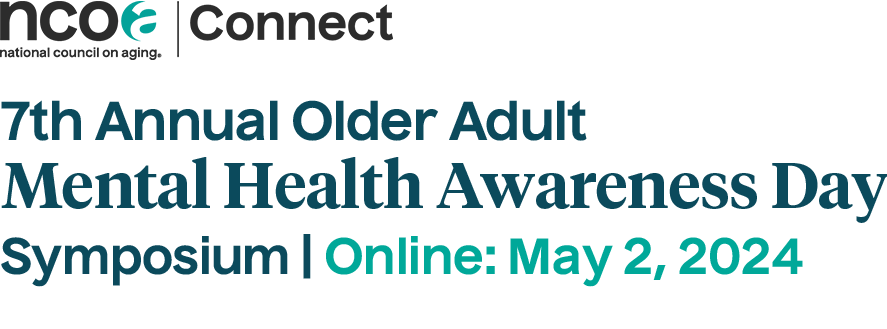
5. Addressing Serious Mental Illness in Older Adults
People aging with serious mental illness (SMI) such as schizophrenia, bipolar disorder and major depression experience complex health problems and challenges to quality of life. They are also likely to experience accelerated physical aging as compared to people without such conditions. Older adults with serious mental illness are also very resilient and have coped with many challenges to well-being. They can experience healthy aging with supports. The Felton Institute will then share about a multi-disciplinary teams model that was developed to form deeper relationships between behavioral health and aging services providers.
Eligible for 1 CE with live participation
Michelle R Zechner, PhD
Associate Professor
Rutgers
Catherine Spensley, MSW, LCSW
Senior Division Director
Felton Institute
Cathy Spensley, LCSW is the Senior Division Director at the Felton Institute, a large nonprofit social service agency in the San Francisco Bay Area. Cathy develops and oversees programs in aging services, older adult mental health, workforce development, and advocacy. She oversees the Senior Community Service Employment Program (SCSEP) in San Francisco, under NOCA, as well as the program in other SF Bay Area counties. Cathy is a founder member of the San Francisco Tech Council, a unique multi-stake collaboration to support digital inclusivity for all, as well as a founder of the Felton Tech Squad to inspire, connect, and train older adults in California being left out of the digital world. She continues to be dedicated to the field of aging and to support programs that empower older adults. Cathy has a BA in Communications from American University and a Masters in Social Work from UC Berkeley.
Patricia Hayashi
Former Felton Institute Participant
Born in 1956 in San Francisco's Western Addition/Fillmore district, I am a third-generation Japanese American. Raised in the vibrant cultural tapestry of the city, I witnessed firsthand the community's resilience and solidarity. However, our neighborhood was forever changed by redevelopment efforts, which prompted my family to relocate. As a Certificate of Preference holder, I've navigated the complexities of urban transformation while preserving our cultural heritage. Unfortunately, I faced adversity when I became homeless for two years, which took a toll on my health. I was declined chemotherapy for my cancer because I was homeless but fortunately am surviving this. During this time, I learned to navigate using resources to get meals at St. Anthony/Curry Senior Center and Living Room. I suffered from depression and PTSD, leading me to be very antisocial. However, I found support and regained self-empowerment at Felton Institute. Despite the challenges, I continued using health education services at Curry Senior Services. I was able at case management at both agencies. I even led Zoom classes in my senior vitality class on how to use My Social Security EBT and MyChart, demonstrating my commitment to helping others despite my own struggles. Today, I am dedicated to advocating for increased mental health accessibility and education for seniors, aiming to secure funding and resources to ensure all seniors have the support they need to thrive mentally and emotionally.
Paolo del Vecchio, MSW (Moderator)
Director of Recovery
SAMHSA
Mr. del Vecchio is the Director of the Office of Recovery where he provides leadership for SAMHSA’s efforts to advance recovery across the nation. This includes expanding the availability of recovery support services – including peer services, housing, employment, and whole health care – to people with mental health and/or substance use conditions and their families.
Previously, Mr. del Vecchio served as SAMHSA’s Executive Officer and Director of the Office of Management, Technology and Operations and led improvements in the areas of human resources, information technology, ethics, and more. He also previously served as Director of SAMHSA's Center for Mental Health Services, providing executive leadership for Federal efforts to improve the nation's mental health service systems. This included management of the federal/state mental health block grant program and directing a range of programs and activities that address topics such as suicide prevention, children’s mental health, homelessness, disaster mental health, HIV/AIDS, and others.
Prior to joining SAMHSA, Mr. del Vecchio worked for the Philadelphia Office of Mental Health in the areas of policy formulation and the planning of a comprehensive system of trauma-informed, recovery-oriented, community-based mental health services.
A person in long-term recovery from mental health conditions and addictions as well as a trauma survivor, Mr. del Vecchio has over 40 years of behavioral health experience as a consumer, family member, provider, advocate, and policy maker. He graduated summa cum laude with a master’s degree in social work from Temple University, has published widely, and is a highly sought-after national leader and speaker.

